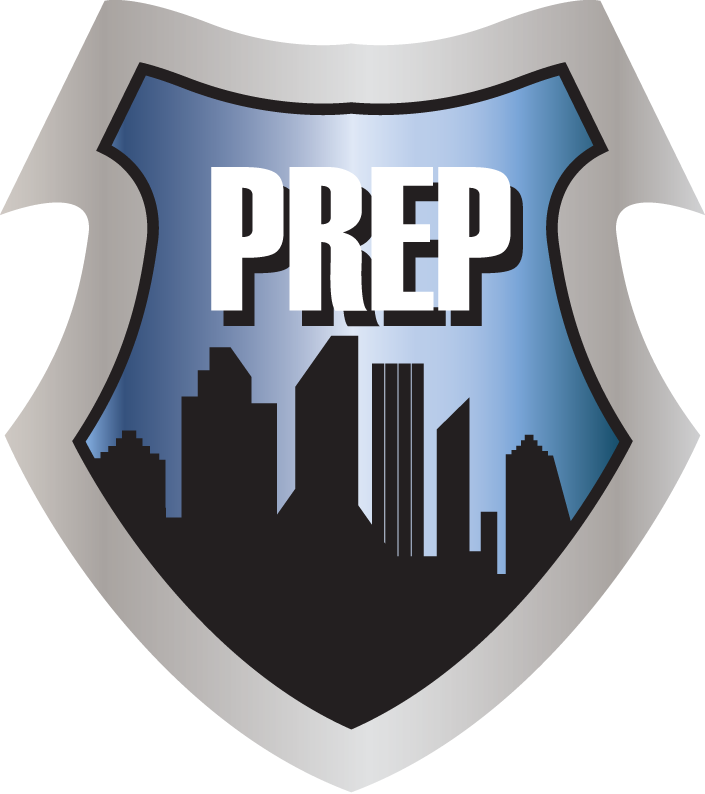Planning Before You Have a Building Fire
 In an event like a fire, emergency preparedness can make a considerable difference in the outcome. Still, a small fire can present the threat of both financial loss, and a danger to the health of your employees. Being properly prepared can significantly reduce that threat by addressing a quick and effective resolution of the situation. Business interruption can cause a ripple effect of problems and challenges, and recovery may not be as easy!
In an event like a fire, emergency preparedness can make a considerable difference in the outcome. Still, a small fire can present the threat of both financial loss, and a danger to the health of your employees. Being properly prepared can significantly reduce that threat by addressing a quick and effective resolution of the situation. Business interruption can cause a ripple effect of problems and challenges, and recovery may not be as easy!
This article is primarily aimed toward commercial building owners, however, residential properties can certainly benefit from many of the following recommendations.
Cultivate principles of preparedness: Education, training, and reviews on responsiveness can all help to establish a formidable foundation for emergency response. We know that fires can spread quickly and make conditions difficult to navigate, so a very solid basis of training will save lives and protect well-being. When you establishing a culture of preparedness in a building, it almost certainly will result in a far better result for all involved. Also, take advantage of any free fire safety training materials and workshops that are available through state and federal agencies.
- Procedures and Equipment must be up to date: Alarm systems, remote monitoring services, and even fire extinguishers should all be up to date and active at all times. Fires can occur late at night or early in the morning, and definitely don’t happen on a schedule like a business. Having fast access to both extinguishers and response solutions can mean a more dependable reaction to a fire when it happens.
- Knowing the risks: Fires are rarely an accident, and even more rarely unforeseeable. Proper methods for disposing of flammable materials, examination of wiring and other potential points of ignition, and other types of attentiveness can greatly reduce the chances of a fire starting in the first place. For homeowners, this means the proper storage of any combustible chemicals on the property as well, (such as gas cans).
- Put a Plan in place: In your business, this can mean having a disaster planning team, investing in equipment like fire extinguishers, inspecting lighting to ensure that there are proper emergency lights in place, and developing a plan of continuity of operations. For homeowners, that means evacuation plans; including running a fire drill periodically. Even running a drill once every few years is better than responding on pure adrenaline and panic.
 Have a trusted Disaster Recovery Contractor in place: Having a dependable, trustworthy contractor already lined up, capable of responding quickly and effectively to your disasters will also be critical to recovering quickly and successfully. Ask your contractor if they are PREP Certified for disaster preparedness and recovery.
Have a trusted Disaster Recovery Contractor in place: Having a dependable, trustworthy contractor already lined up, capable of responding quickly and effectively to your disasters will also be critical to recovering quickly and successfully. Ask your contractor if they are PREP Certified for disaster preparedness and recovery.
Common sense tells us that fires present a serious threat in the form of smoke inhalation and life-threatening injuries as well as potentially severe fire damage to the property. Just knowing how to safely find your way out of a building can be extremely critical in an area that may be filled with smoke within minutes. When visual conditions are poor, training and memory will be of the most use to people who need to get to safety.
Author: Dick Wagner

 Have a trusted Disaster Recovery Contractor in place: Having a dependable, trustworthy contractor already lined up, capable of responding quickly and effectively to your disasters will also be critical to recovering quickly and successfully. Ask your contractor if they are
Have a trusted Disaster Recovery Contractor in place: Having a dependable, trustworthy contractor already lined up, capable of responding quickly and effectively to your disasters will also be critical to recovering quickly and successfully. Ask your contractor if they are 



